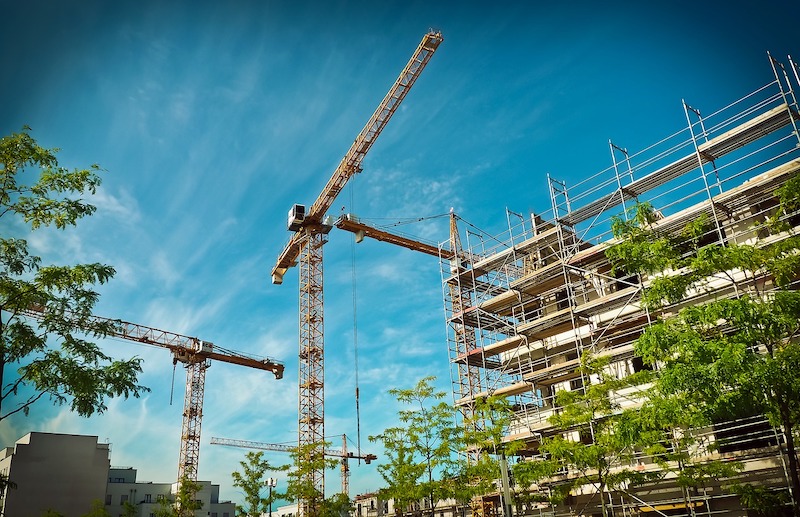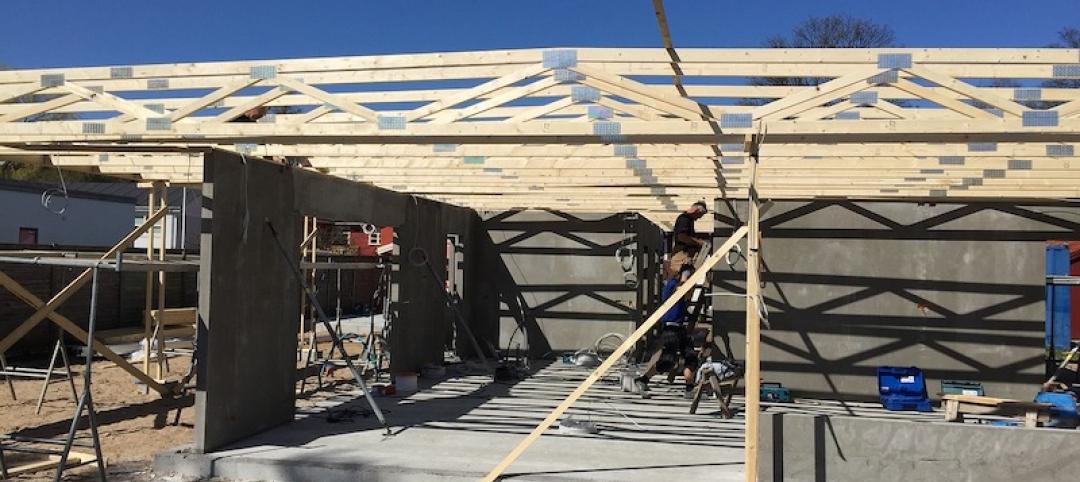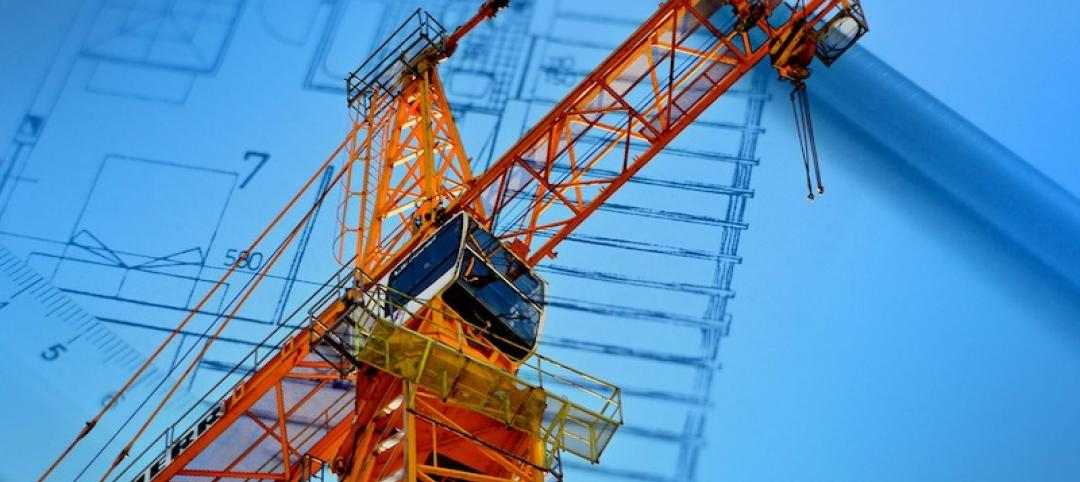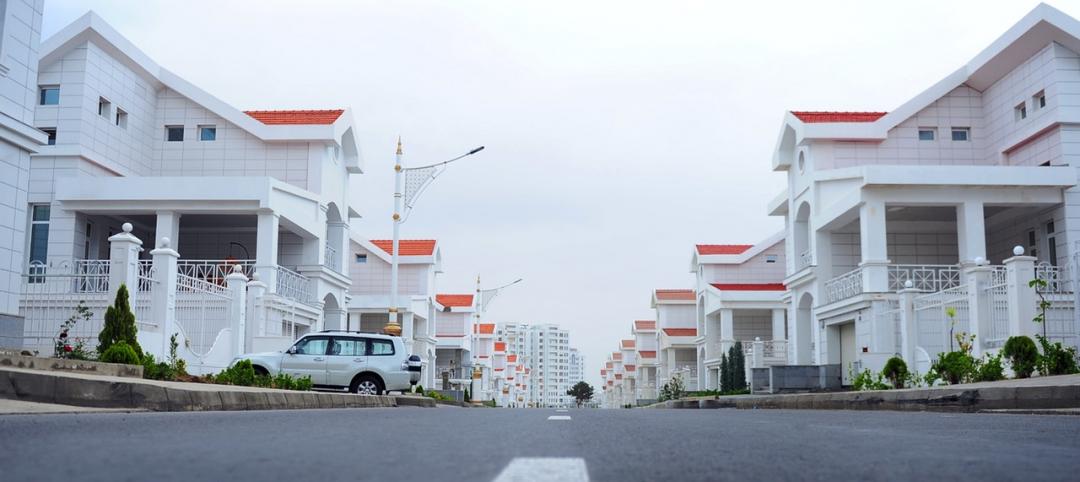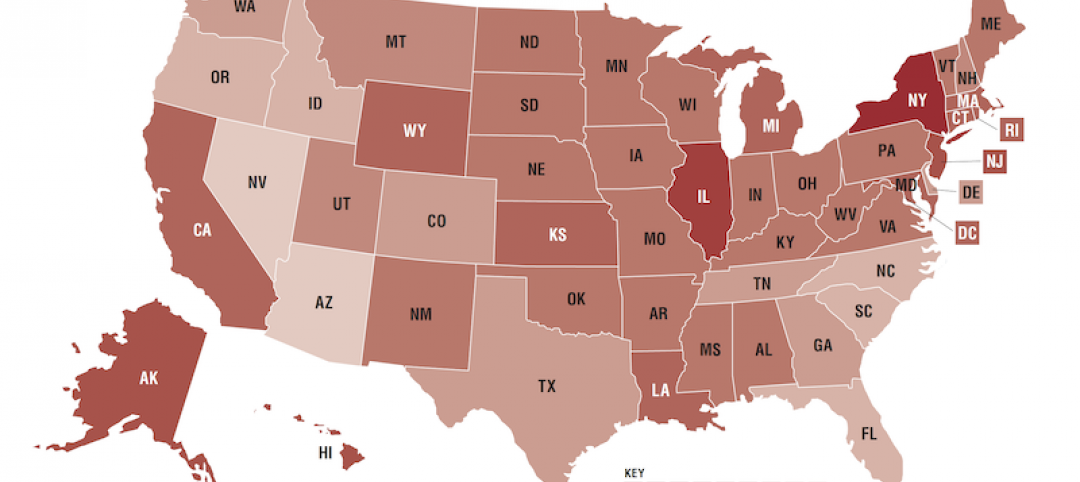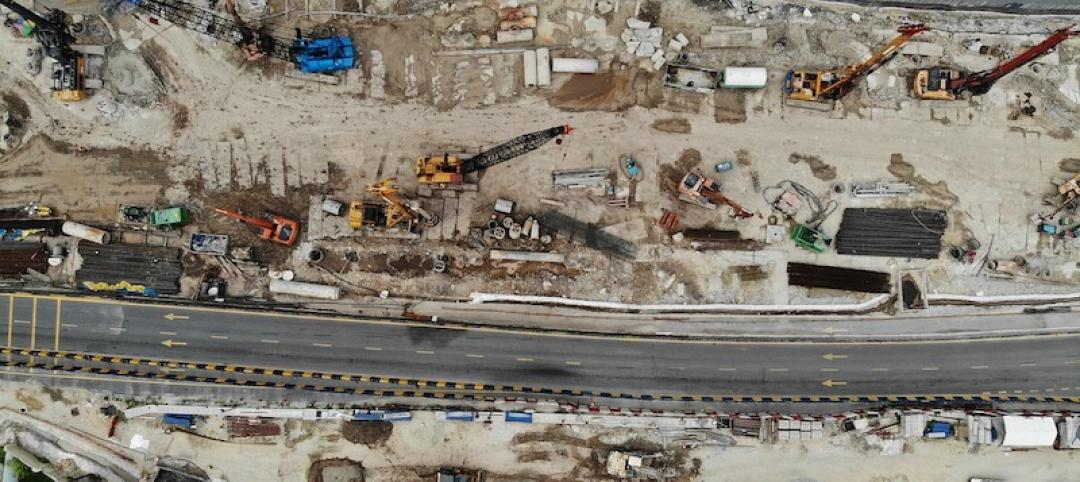Construction spending declined for the third month in a row in May as a sharp slowdown in private projects more than offset a rise in public work, according to an analysis by the Associated General Contractors of America of government data released today. Association officials warned that the pickup in public projects is likely to reverse soon unless the federal government acts quickly to invest in needed infrastructure and shore up crumbling state and local budgets.
“Three short-lived factors may have boosted construction spending in May: emergency healthcare projects, acceleration of highway work to make use of the drop in road traffic, and the end to some state government shutdown orders,” said Ken Simonson, the association’s chief economist. “Unfortunately, these stimuli have now worn off, and there is a high risk that construction spending will soon shrink as state and local governments start a new fiscal year today with large budget gaps that they must close. Too often, they turn to postponing and canceling construction.”
Construction spending in May totaled $1.36 trillion at a seasonally adjusted annual rate, a decline of 2.1% from April and the lowest total since June 2019. Since February, total spending has slumped by 5.9%, the steepest three-month contraction since 2009, the economist noted.
The decrease in May was widespread across private construction categories, which recorded a spending decline of 3.3% from April, following a 3.8% slide from March to April. Public construction spending rose by 1.2% in May, an increase that only partially reversed a drop of 2.7% the month before.
“It is likely that the pickup in highway construction and other public spending that occurred in May will fade as soon as current projects are completed,” Simonson said. “Our latest survey of contractors, conducted June 9-17, found only about one-fifth of respondents had won new or expanded work—unchanged from early May. In addition, nearly one-third of respondents reported that an owner had canceled an upcoming project.”
Association officials said that private-sector funding is likely to continue to remain below pre-coronavirus levels for some time as many owners opt to delay investments amid pandemic-induced uncertainty. Meanwhile, many state and local investments in infrastructure and construction are likely to decline amid falling tax revenues. What is needed is a federal infrastructure measure that can attract broad, bipartisan support in the House and Senate, the association officials noted.
“The best way to get people back to work and to make our economy more efficient and effective for the long run is by improving the nation’s vital infrastructure,” said Stephen E. Sandherr, the association’s chief executive officer. “Leaders in both parties need to understand that messaging measures may excite the base, but they do nothing to improve roads, fix bridges or modernize water systems.”
Related Stories
Market Data | Nov 14, 2019
Construction input prices unchanged in October
Nonresidential construction input prices fell 0.1% for the month and are down 2.0% compared to the same time last year.
Multifamily Housing | Nov 7, 2019
Multifamily construction market remains strong heading into 2020
Fewer than one in 10 AEC firms doing multifamily work reported a decrease in proposal activity in Q3 2019, according to a PSMJ report.
Market Data | Nov 5, 2019
Construction and real estate industry deals in September 2019 total $21.7bn globally
In terms of number of deals, the sector saw a drop of 4.4% over the last 12-month average.
Market Data | Nov 4, 2019
Nonresidential construction spending rebounds slightly in September
Private nonresidential spending fell 0.3% on a monthly basis and is down 5.7% compared to the same time last year.
Market Data | Nov 1, 2019
GDP growth expands despite reduction in nonresident investment
The annual rate for nonresidential fixed investment in structures declined 15.3% in the third quarter.
Market Data | Oct 24, 2019
Architecture Billings Index downturn moderates as challenging conditions continue
The Architecture Billings Index (ABI) score in September is 49.7.
Market Data | Oct 23, 2019
ABC’s Construction Backlog Indicator rebounds in August
The primary issue for most contractors is not a lack of demand, but an ongoing and worsening shortage of skilled workers available to meet contractual requirements.
Multifamily Housing | Oct 16, 2019
A new study wonders how many retiring adults will be able to afford housing
Harvard’s Joint Center for Housing Studies focuses on growing income disparities among people 50 or older.
Market Data | Oct 9, 2019
Two ULI reports foresee a solid real estate market through 2021
Market watchers, though, caution about a “surfeit” of investment creating a bubble.
Market Data | Oct 4, 2019
Global construction output growth will decline to 2.7% in 2019
It will be the slowest pace of growth in a decade, according to GlobalData.


